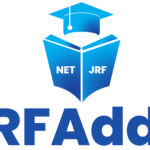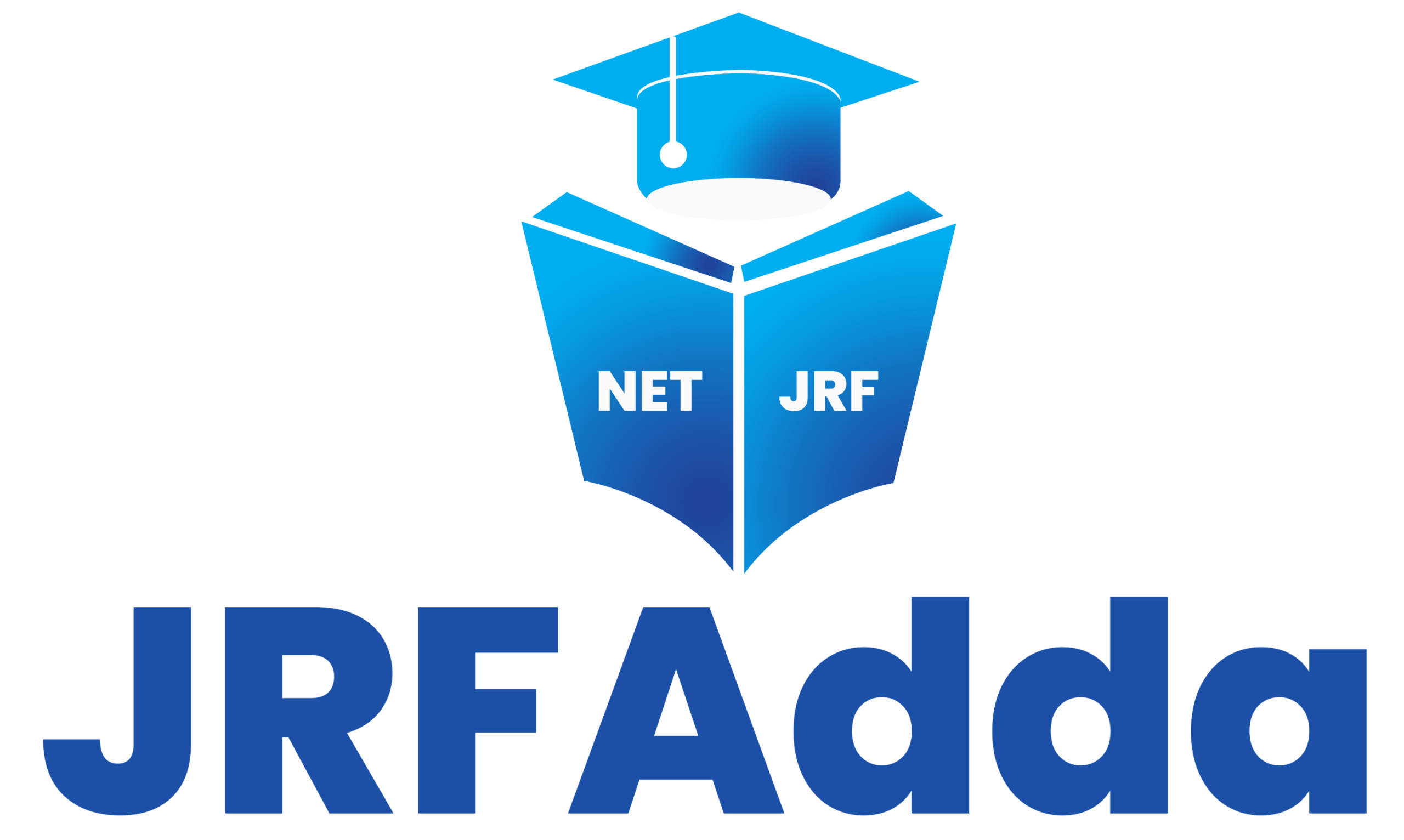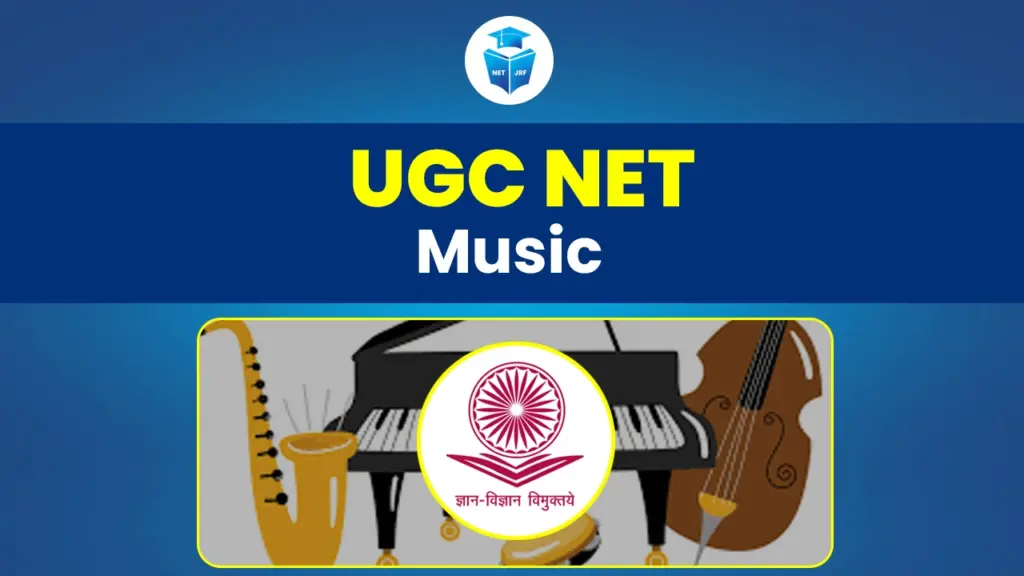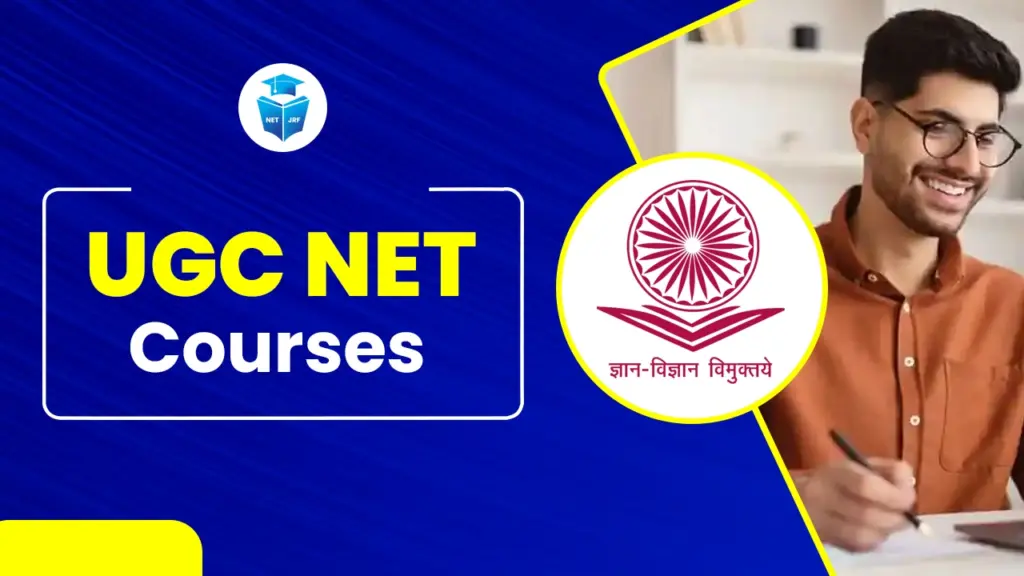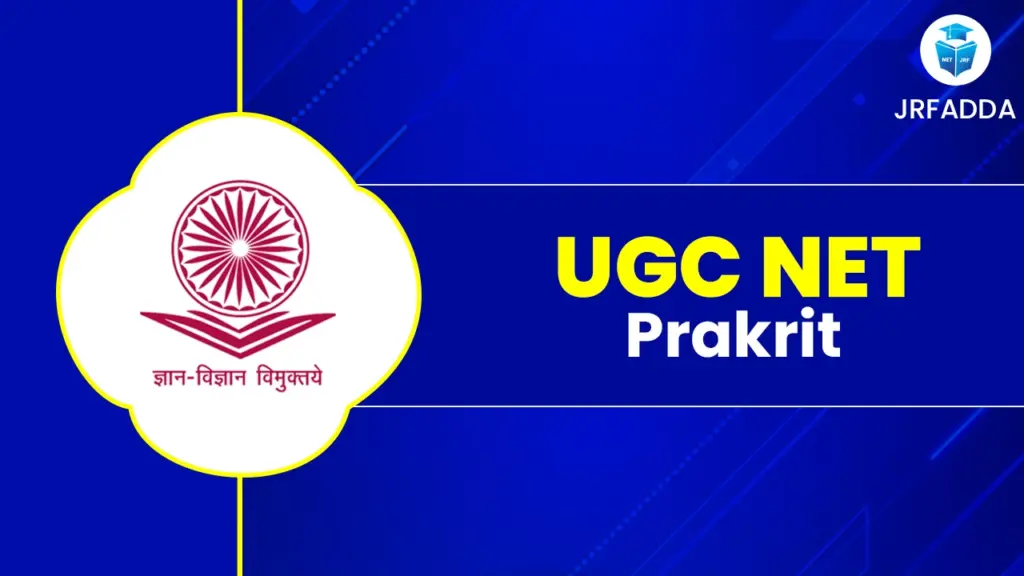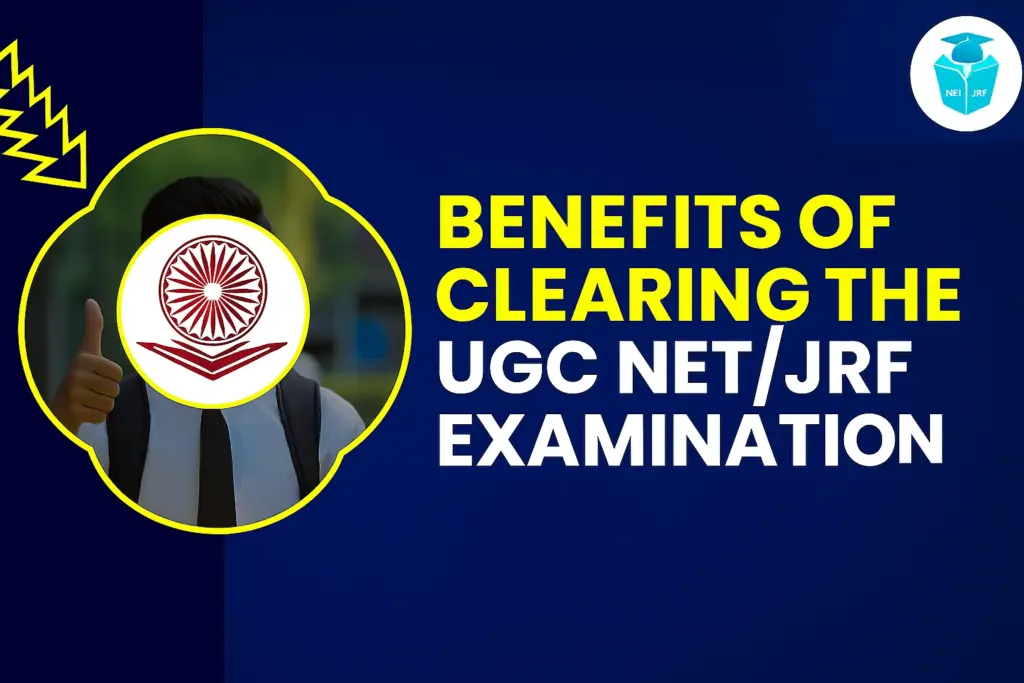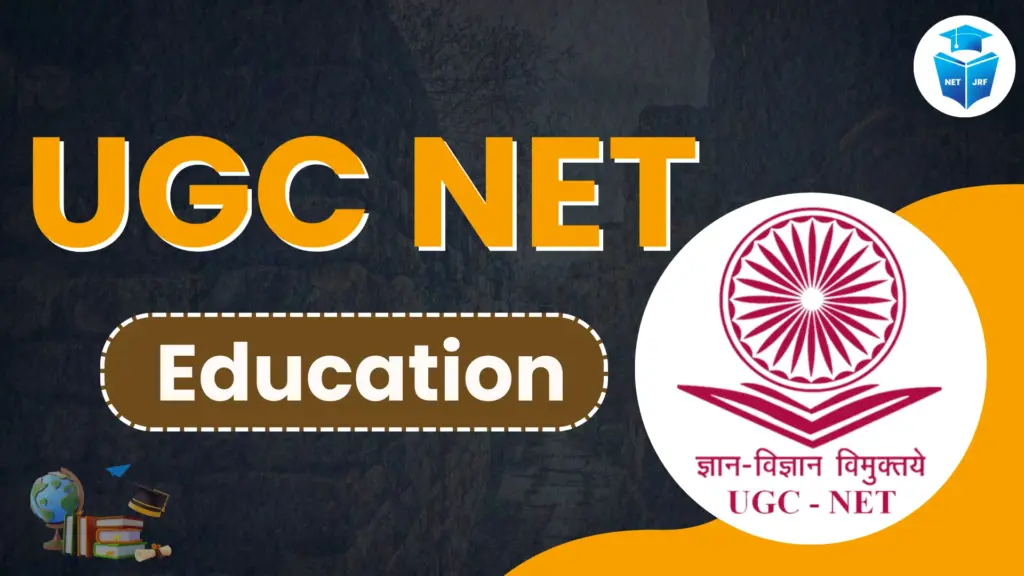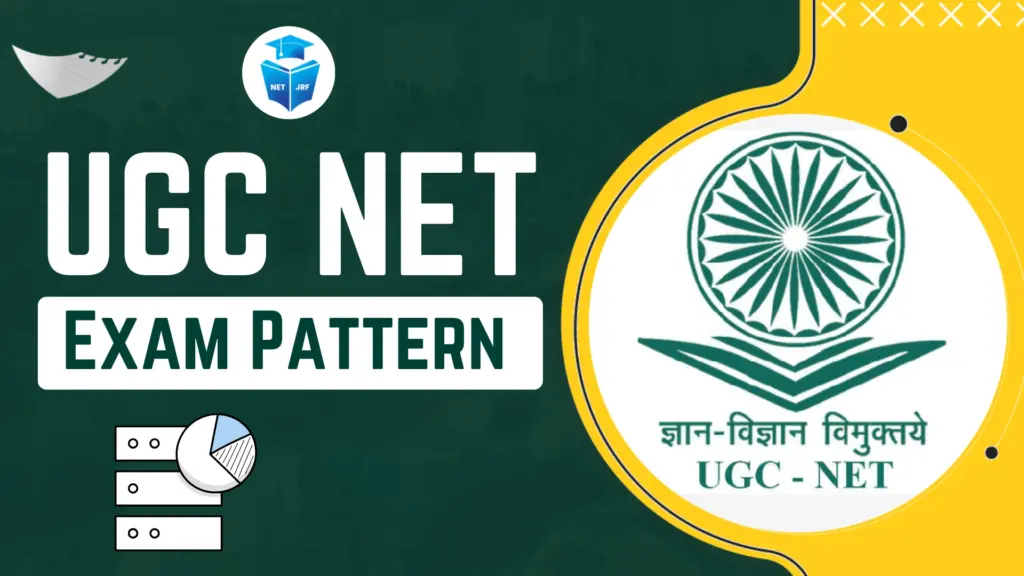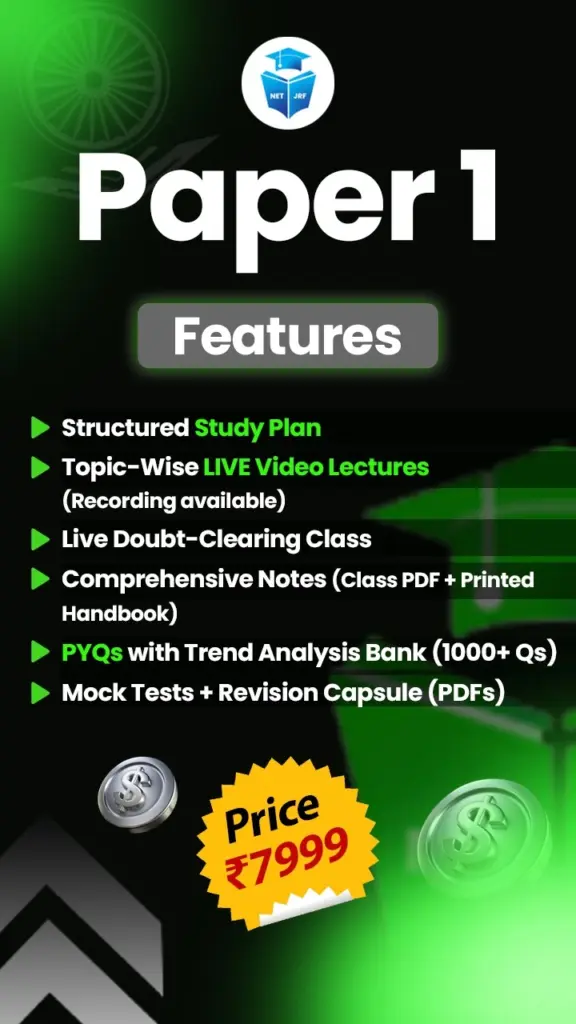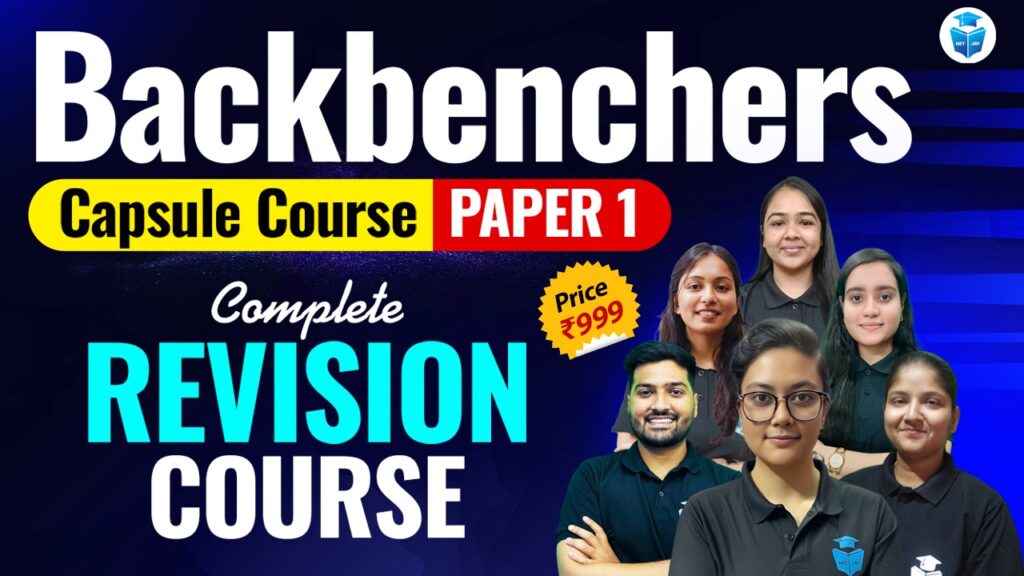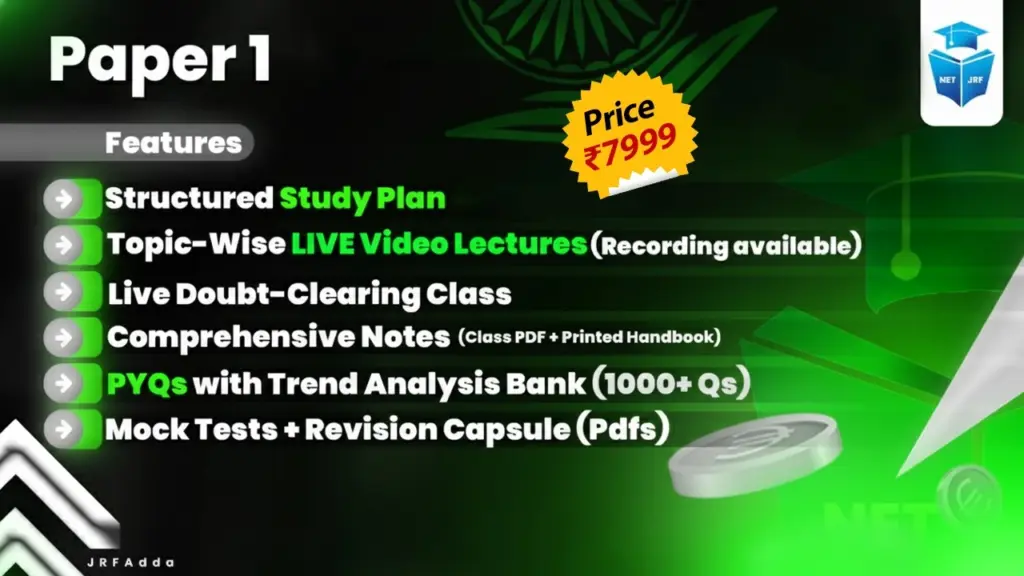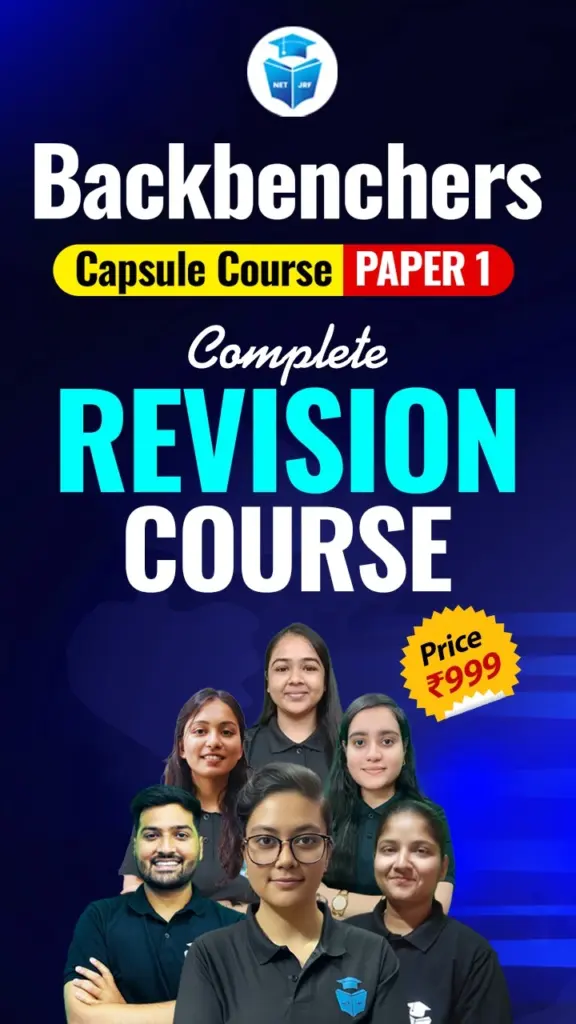UGC NET Music 2025 (December Cycle) examination is being conducted by the National Testing Agency (NTA) in January 2026. The exam, scheduled on 7 January 2026 in Shift 2 (03:00 PM to 06:00 PM), serves as a crucial gateway for postgraduate aspirants aiming to qualify for Assistant Professor positions or to secure the prestigious Junior Research Fellowship (JRF) in Music. Based on initial student feedback, Paper 1 was reported to be of moderate difficulty and relatively manageable, while Paper 2 (Music) was considered moderate to slightly tough, with difficulty levels varying depending on candidates’ preparation and specialization.
Also Read: UGC NET Cut Off 2025
UGC NET Music 2025 Exam Analysis – 7 January, 2026 in shift 2
Paper 1 maintained a moderate overall difficulty level, with good attempts ranging from 40-45 out of 50 questions. The paper balanced conceptual, PYQ-based, and assertion-reason questions across all units, featuring moderate challenges in Logical Reasoning (syllogisms, statement-based) and Data Interpretation (table/graph with percentages/ratios), while ICT basics and Teaching Aptitude proved easier. Reading Comprehension involved factual/inference tasks from one passage, and the Higher Education System emphasized NEP 2020 chronology, making the paper manageable for prepared candidates with strong time management.
Also Read: UGC NET Paper 1 Exam Analysis 2025 December
UGC NET Paper 2 Music (Subject Code 16) today was moderate to slightly difficult, covering Indian classical (Hindustani/Carnatic), folk/tribal music, aesthetics, gharanas, musicology, pedagogy, research, technology, notation, and composers; strong theory and history helped, but close MCQs needed precise clarity.
Also Read: UGC NET Exam Analysis 2025 December
What is UGC NET Music 2025?
UGC NET Music 2025 is a national-level test carried out by the National Testing Agency (NTA) to determine the eligibility of candidates for the posts of Assistant Professor and for the award of Junior Research Fellowship (JRF) in Music. The exam will take place in January 2026, in the form of a Computer-Based Test (CBT). The syllabus of Music (Subject Code: 16) consists of Indian classical music (vocal and instrumental), folk traditions, musicology, aesthetics, and research methods. It assesses the candidates on their theoretical understanding, analytical skills, and appreciation of music traditions and pedagogy.
UGC NET Music 2025 has two papers:
- Paper 1 (common to all subjects) is teaching & research aptitude.
- Paper 2 (specific to Music) has in-depth content from 10 major units, such as history, theory, practical, and innovations in music.
Also Read: UGC NET Application Form 2025
UGC NET Music 2025 Eligibility Criteria
To appear for the UGC NET Music 2025 examination, candidates have to meet certain educational qualifications and age-related conditions prescribed by the National Testing Agency (NTA). These conditions are such that only eligible individuals can sit for the examination for either Assistant Professorship, Junior Research Fellowship (JRF), or both.
Also Read: UGC NET Eligibility 2025
UGC NET Music 2025 Educational Qualification
To be considered for UGC NET Music 2025, applicants should fulfill the prescribed educational qualifications as set by the National Testing Agency (NTA). These qualifications guarantee that candidates have the required academic background to sit for the exam.
| Criteria | Details |
| Required Degree | Master’s degree (M.A./M.Mus./MFA) in Music or related discipline |
| Minimum Marks (General) | 55% aggregate marks in post graduation |
| Minimum Marks (Reserved) | 50% aggregate marks for SC/ST/OBC-NCL/PwD/Third gender |
| Final Year Students | Eligible to apply provisionally; must submit proof of qualification later |
| Recognized Institutions | Degree must be from a UGC-recognized university or institution |
UGC NET Age Limit 2025
| Category | JRF Eligibility | Assistant Professor Eligibility |
| Maximum Age (General) | 30 years (as of the exam date) | No upper age limit |
| Age Relaxation | +5 years for SC/ST/OBC-NCL/PwD/Women | Not applicable |
| Applicable Until | Age is calculated as of June 1, 2025 | N/A |
Final Year Candidates
- Appearing candidates for their final year/semester of post graduation in Music or waiting for results are also eligible to apply.
Degrees from Foreign Universities
- Foreign Master’s degree holders need to have their qualifications certified by the Association of Indian Universities (AIU).
Also Read: UGC NET Exam 2025
UGC NET Music 2025 Exam Pattern
The UGC NET Music 2025 exam has two papers, namely Paper I and Paper II, and these are held together in one sitting without a break. Both the papers have objective-type multiple-choice questions (MCQs) and are held in Computer-Based Test (CBT) mode.
| Paper | Subject | No. of Questions | Marks | Duration | Type of Questions | Mode |
| Paper I | General Paper on Teaching & Research Aptitude | 50 | 100 | Combined 3 hours | MCQs (General Aptitude) | CBT (Online) |
| Paper II | Music (Subject Code: 16) | 100 | 200 | Combined 3 hours | MCQs (Subject-Specific) | CBT (Online) |
Also Read: UGC NET Exam Pattern 2025
UGC NET Music 2025 Marking Scheme
The UGC NET Music 2025 examination consists of two papers—Paper I and Paper II—held in a single session without any break. Both papers are made up of objective-type multiple-choice questions (MCQs) and are held in Computer-Based Test (CBT) mode.
| Paper | Subject | Number of Questions | Marks | Question Type | Duration | Negative Marking |
| Paper I | General Aptitude | 50 | 100 | MCQs |
3 hours |
No |
| Paper II | Music (Code 16) | 100 | 200 | |||
| Total | 150 | 300 |
UGC NET Music 2025 Minimum Qualifying Marks
To be eligible for UGC NET Music 2025 exam, the candidates have to score the minimum aggregate marks in Paper I and Paper II as per the National Testing Agency (NTA). The qualifying marks are calculated based on the category of the candidate.
| Category | Minimum Qualifying Marks (Aggregate of Paper I & II) |
| General / Unreserved (UR) | 40% |
| OBC (Non-Creamy Layer) | 35% |
| Scheduled Caste (SC) | 35% |
| Scheduled Tribe (ST) | 35% |
| Persons with Disabilities (PwD) | 35% |
| Economically Weaker Section (EWS) | 35% |
| Third Gender | 35% |
UGC NET Music 2025 Syllabus
The UGC NET Music 2025 syllabus, as specified by the University Grants Commission (UGC) and conducted by NTA, is framed to evaluate a candidate’s overall knowledge in the field of Music — both theoretical and practical.
The syllabus is split into 10 Units. Units I to IV are general for all the candidates, but Units V to X are discipline-wise, depending on the specialization of the candidate like Hindustani Music, Carnatic Music, Percussion, Rabindra Sangeet, etc.
UGC NET Music Unit-wise Syllabus 2025
| Unit | Topic |
| Unit I | Technical terms in Indian Music – Nāda, Shruti, Swara, Rāga, Tāla, Alankar, Gamaka, etc.; Classification of Rāgas and Tālas; Structure and system of Indian classical music |
| Unit II | Folk music of India – Regional styles, instruments, characteristics, and their role in cultural heritage |
| Unit III | Rasa theory – concept of Rasa and its application in music; Aesthetics in Indian music |
| Unit IV | Research Methodology – Objectives, types, tools, data collection; Pedagogical methods in music education; Use of technology in teaching-learning and research |
| Unit V | Detailed study of Rāgas and Talas prescribed; Characteristics, classification, and performance structure of Rāgas and Talas; Gharana traditions |
| Unit VI | History and evolution of Indian Music – Ancient to Modern period; Historical texts and treatises like Natya Shastra, Sangeet Ratnakar, Brihaddeshi |
| Unit VII | Musical forms – Dhrupad, Khayal, Tarana, Thumri, Dadra, Bhajan, Tappa, Folk forms, etc. |
| Unit VIII | Study of musical instruments – Classification, structure, technique, and acoustics of string, wind, and percussion instruments |
| Unit IX | Notation systems – Bhatkhande and Vishnu Narayan Bhatkhande systems; Comparative study of notation systems |
| Unit X | Contribution of great musicians, musicologists, and composers to Indian music and contemporary trends in Indian music |
UGC NET Music 2025 Syllabus PDF Download
Aspirants who will be appearing for the UGC NET 2025 exam (December Cycle) in Music must go through the detailed syllabus so that they can prepare accordingly. You can download UGC NET Music Syllabus 2025 in PDF form from the official NTA website or simply click the link below for easy access:
| Language | Download Link |
| English | Download UGC NET Music Syllabus 2025 (English) |
| हिंदी (Hindi) | डाउनलोड करें: यूजीसी नेट संगीत सिलेबस 2025 (हिंदी) |
Download UGC NET Full Official Syllabus PDF
UGC NET Music 2025 Preparation Tips
By following these tips and remaining committed, you can enhance your possibilities of qualifying for UGC NET Music 2025 and becoming eligible for Junior Research Fellowship or Assistant Professor. Following are some effective UGC NET Music Preparation Tips 2025 to excel in your exam:
- Understand the Syllabus Thoroughly: Begin by referring to the official UGC NET Music 2025 syllabus. Study every topic thoroughly, particularly those with higher marks. Concentrate on both Paper 1 (General Aptitude) and Paper 2 (Subject-specific) of Music.
- Follow a Structured Study Plan: Make a timetable that covers the entire syllabus in a methodical manner. Spend more time on tough subjects, but keep revising all topics regularly.
- Focus on Music Topics: Paper 2 is subject-specific, so ensure you are well-versed in subjects such as Indian Classical Music, Western Music, Musicology, and notable composers. Give special attention to historical developments and notable musicians.
- Practice with Mock Tests: Attempting mock tests is a great way to assess your preparation. It helps you keep track of time and get accustomed to the format of the exam. It also points out areas where you need to practice more.
- Employ High-Quality Study Material: Invest in good study books, online lectures, and reference materials for both Paper 1 and Paper 2. Utilize recommended UGC NET Music books and study resources for in-depth understanding of topics.
- Stay Current with the Newest Trends: The UGC NET exam 2025 at times contains current trends in music. Stay current with recent findings and research in musicology.
- Re-Read Periodically: Revision is a success. Ensure to revise all the topics several times, p1articularly those which you struggle with.
- Breaks and Consistency: Don’t get burned out by taking periodic breaks. Remain consistent in what you do but also ensure not to overdo things.
- Clear Doubts: As soon as you get doubts, do not hold back from approaching your mentors, peers, or online forums for clarification. Doubt clearance in early stages makes sure you’re going in the correct direction.
- Remain Positive and Confident: Remain motivated and confident throughout your preparation. Persistent effort and a positive attitude will assist you in overcoming difficulties during your preparation process.
UGC NET Music Question Paper 2024
UGC NET Music Question Paper 2024 is a must-have document for students preparing for the next UGC NET Music 2025 exam. Practicing the 2024 question paper gives students an idea of the kind of questions being asked, the difficulty level, and key topics commonly addressed in Paper 2 (Music). As it aids in enhancing time management and determining weak points, which require revising. The 2024 question papers were held for both the June and December terms. Candidates should download and solve these papers comprehensively as part of their study plan.
| Exam Name | Download Link |
| UGC NET Music 2025 (December session) | Download PDF (available soon) |
| UGC NET Music 2025 (June session) | Download PDF |
Also Read: UGC NET Previous Year Question Papers
UGC NET Music Previous Year Question Papers
UGC NET Music Previous Year Question Papers are a precious resource for aspirants for the upcoming UGC NET Music exam. The papers assist the candidates in knowing the pattern of the exam, the level of difficulty, types of questions, and significant topics covered in exams over the years. The papers facilitate accuracy, time management, and confidence building, all of which are essential for success.
| Exam Name | Year | Download PDF |
| UGC NET Music | 2024 | Download PDF |
| UGC NET Music | 2023 | Download Link |
| UGC NET Music | 2022 | Download Link |
| UGC NET Music | 2021 | Download Link |
| UGC NET Music | 2020 | Download Link |
| UGC NET Music | 2018 | Download Link |
Career Scope After Qualifying UGC NET Music 2025
Qualifying UGC NET Music 2025 provides a wide array of scholarship, research, and career opportunities in performing arts. It doesn’t matter whether you want to engage in teaching, research, or performance; this qualification makes your skills highly credible and boosts your career status.
Academic & Teaching Opportunities
- Assistant Professor: Eligible to apply for Music faculty jobs in colleges and universities across India.
- The UGC NET Music 2025 (December Cycle) serves as a crucial milestone for aspiring music educators and researchers, opening pathways to JRF and Assistant Professor careers in MusicGuest Faculty / Lecturer: Several institutions provide part-time teaching jobs, which are excellent to gain experience.
- Music Trainer / Educator: Head music classes at government or private music schools, cultural centers, or online.
Research Opportunities
- Junior Research Fellowship (JRF): If you are eligible for JRF, you can undertake sponsored research (M.Phil/Ph.D.) in music from prestigious institutions.
- Doctoral Studies (Ph.D.): NET qualification is usually required for admission to Ph.D. courses in Indian universities.
- Research Projects & Fellowships: Eligible to apply for research grants and fellowships in music from UGC, ICCR, Sangeet Natak Akademi, etc.
Performance & Cultural Roles
- Performer or Musicologist: Become a professional performer of classical, folk, or contemporary music.
- Cultural Officer / Music Curator: Collaborate with government cultural organizations, museums, or private trusts to conserve and develop music heritage.
- Content Creator / Instructor: Open your own YouTube channel, online music lessons, or digital content website.
Other Career Paths
- Music Therapist (with certification)
- Curriculum Developer for Music Education
- Public Service Commissions (such as PSC Lecturer positions)
- Publishing & Editing Music Journals or Magazines
Conclusion
The UGC NET Music 2025 (December Cycle) served as a vital stepping stone for aspiring music educators, researchers, and performers. The exam for this session was held on 7 January 2026 in Shift 2 (03:00 PM to 06:00 PM). Whether aiming for the Junior Research Fellowship (JRF) or an Assistant Professor position, the exam validates subject expertise and opens doors to esteemed academic and cultural opportunities. Staying committed, following a structured study plan, and analyzing recent question paper trends remain key strategies for success in future cycles.
UGC NET Music 2025 FAQs
What is the UGC NET Music Subject Code of 2025?
The UGC NET Music subject code is 16.
What is the mode of the UGC NET Music 2025 exam?
The exam will be held in Computer-Based Test (CBT) mode.
What are the age limits for JRF and Assistant Professor positions?
For JRF, the maximum age is 30 years (as of June 1, 2025), and relaxations in this are applicable to reserved categories. No maximum age for eligibility for the post of Assistant Professor.
Is a Master's degree required to apply for UGC NET Music?
Yes, you should have a Master’s degree in Music or a related subject with a minimum of 55% marks (50% for reserved categories).
Are final-year students eligible to apply for UGC NET Music?
Yes, final-year postgraduates are eligible to apply provisionally but have to produce evidence of qualification within the specified time.
